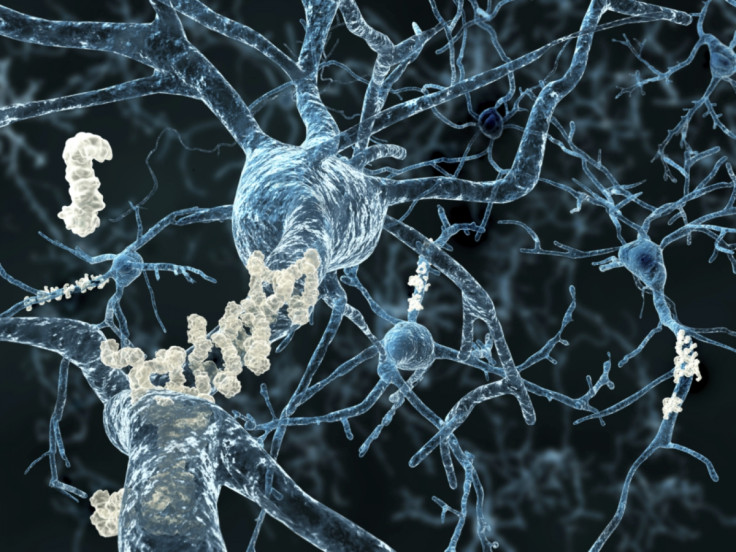Exercising when you're young can protect against age-related memory loss and Alzheimer's
Rats that were active in their first month have enhanced brain activity.
Exercise in early life may have a protective effect on the brain, limiting age-related cognitive decline, a study with rats has suggested. The findings are consistent with the cognitive reserve hypothesis – the idea that the brain can draw on enriching experiences during youth to protect against memory loss in old age.
The idea is at the heart of a growing number of studies highlighting that a number of factors, including physical exercise, education, and lifestyle contribute to cognitive reserve.
A study now published in the journal eNeuro investigated whether exercise in early life - voluntary running in particular - also had a protective effect later in life.
The scientists worked with one-month old rats. One group of rats was given voluntary access to running wheels for 6 weeks and another group was housed in standard laboratory cages.
During the four months that followed, the scientists conducted experiments known as fear conditioning - they trained the rats to fear a certain stimulus in their environment. They tested how the rats remembered this fear response when they were older and found that the exercise on the running wheel early in life improved the animals' ability to learn and memorise the fear response later on.

These results give credit to the cognitive reserve theory, whereby the brain draws on enriching experiences from youth to compensate for cognitive decline and memory loss as a result of age or disease.
Obviously this study has so far only been done with rats, so it's not clear whether the findings would be applicable to humans.
Nevertheless, it suggests an interesting avenue for future research. It will be interesting to test whether early life interventions that increase physical activity may help build up this reserve, potentially delaying the onset of neurodegenerative disorders such as Alzheimer's disease.
© Copyright IBTimes 2025. All rights reserved.





















